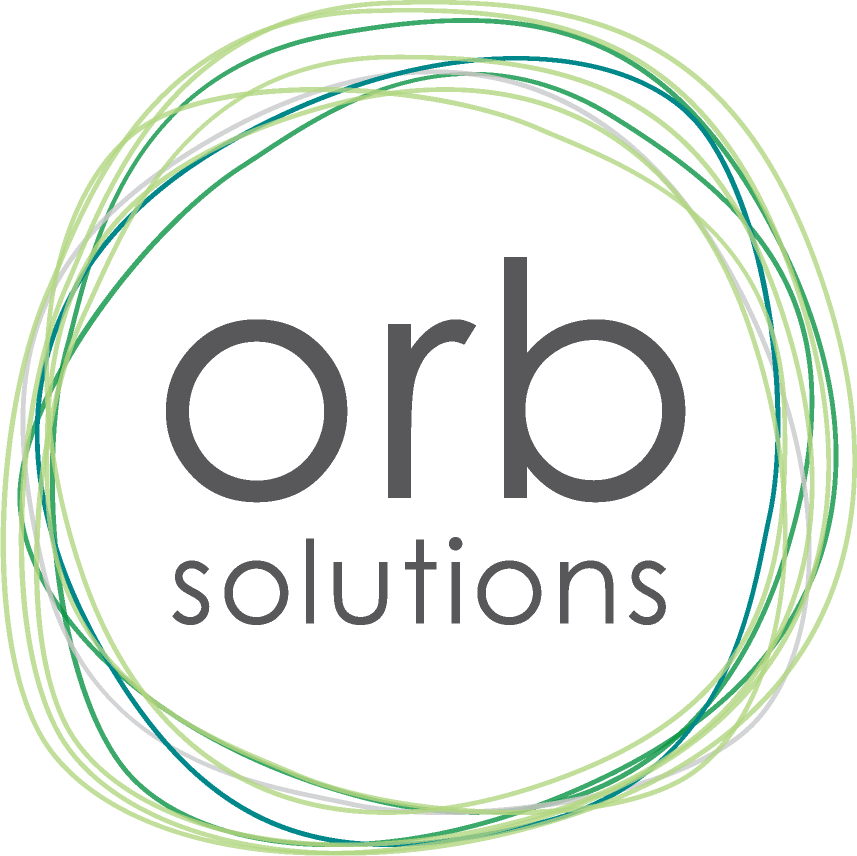"That person is a...." or "That (insert expletive) person is incredibly difficult" are statements which are commonly made and at the same time incredibly unhelpful.
While it is recognised as a way of expressing an opinion or feelings about a person, focusing on the person can create a significant barrier to changing or influencing an outcome beyond confirming a view that "this person is and always will be "difficult".
Basically, they have pressed your button. They have said or done something which is contrary to your needs, wants and/or values. If your perspective is that the 'person' is difficult', then it is much harder to resolve, or have a meaningful conversation about the issues, because it is now tied with the person's character, instead of some behaviour. You may even find yourself in the heat of the conversation questioning their parentage!
If you chose instead to focus on the "It" - that is, what specifically it is that the person has said or done, then the options to resolve the situation greatly increase. Sometimes a useful strategy can be to note in some way what the behaviour was that triggered the "that person is xxxxx difficult"
Increasing our own awareness of the reason why 'it' (x's behaviour) pressed our button, will minimise the chances of the situation escalating and of us over-reacting.
A focus on the person and not their behaviour creates for us a fight, flight, freeze response because the brain perceives an attack from a person, whereas if it's a problem, we know how to sort those...we are naturally good at that!
Getting rid of the "That person is difficult..."type language is not easy. I would be interested to hear from others what strategies they use to help them change the focus to be about the problem and not the person.



